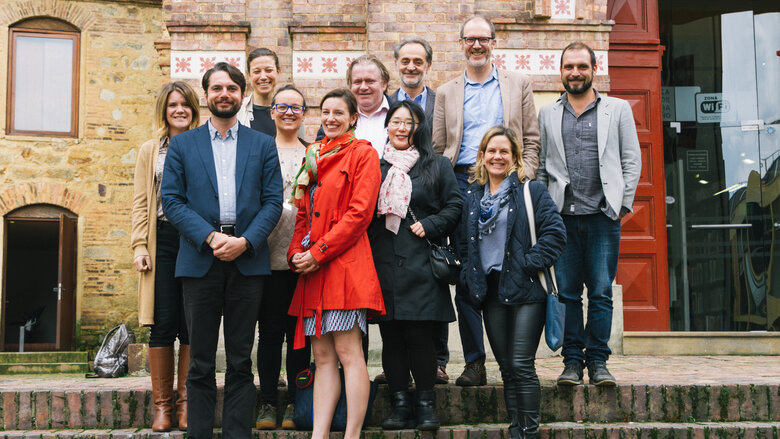
Poverty and mental health are closely linked. In low- and middle-income countries (LMICs), young people in poverty have a high risk of developing or maintaining mental health problems. The stress and environmental conditions associated with poverty increase the risk of mental health problems. Additionally, the disability and high costs faced by people with mental illness can maintain poverty.
Currently, most evaluations of antipoverty interventions focus on socioeconomic or general well-being outcomes, but rarely examine the effects on mental health. At the same time, the main focus in the field of global mental health has been to improve access to treatment, but with little focus on the impact of interventions on future life chances and poverty.
This study aims to (1) understand the mental health impact of antipoverty policies and (2) how mental health interventions influence the life chances and risk of poverty amongst young people. To do this, we will use multiple interdisciplinary methods to understand the costs and the impact of potential interventions and associated pathways to improved life chances. We will analyse seven different datasets from six low- and middle-income countries.
We will also collect qualitative data from interviews and focus groups with young people from economically deprived circumstances. Qualitative data will provide information on: (i) experiences and meaning of poverty and mental health problems, (ii) personal experiences of being involved in antipoverty programmes or receiving mental health interventions, (iii) challenges or barriers to engaging with the antipoverty and mental health interventions and (iv) ideas for future interventions.
Additionally, from the start of the project, we will work together with community members: young people from deprived circumstances, service users, health practitioners and policymakers. Workshops will help us to gather insights into how our findings can be used to develop and test new interventions, for example by combining mental health and poverty programmes.
Mental health problems are common among young people from economically deprived circumstances in LMICs and it is known that experience of poverty and mental health problems can have long lasting effects into adulthood. Providing more effective intervention during this period could be help reduce the impact of poverty and / or prevent mental health problems early in life, thus increasing future life chances, including opportunities for education and employment.
Project team
- Dr Sara Evans-Lacko (Principal Investigator)
- Prof Ricardo Araya
- Prof Mauricio Avendano
- Prof Crick Lund
Project Partners
London School of Economics & Political Science
King’s College London
Universidad de Los Andes
Universidade de Sao Paulo
Universidade Presbiteriana Mackenzie
University of Cape Town
Funder
Economic and Social Research Council


